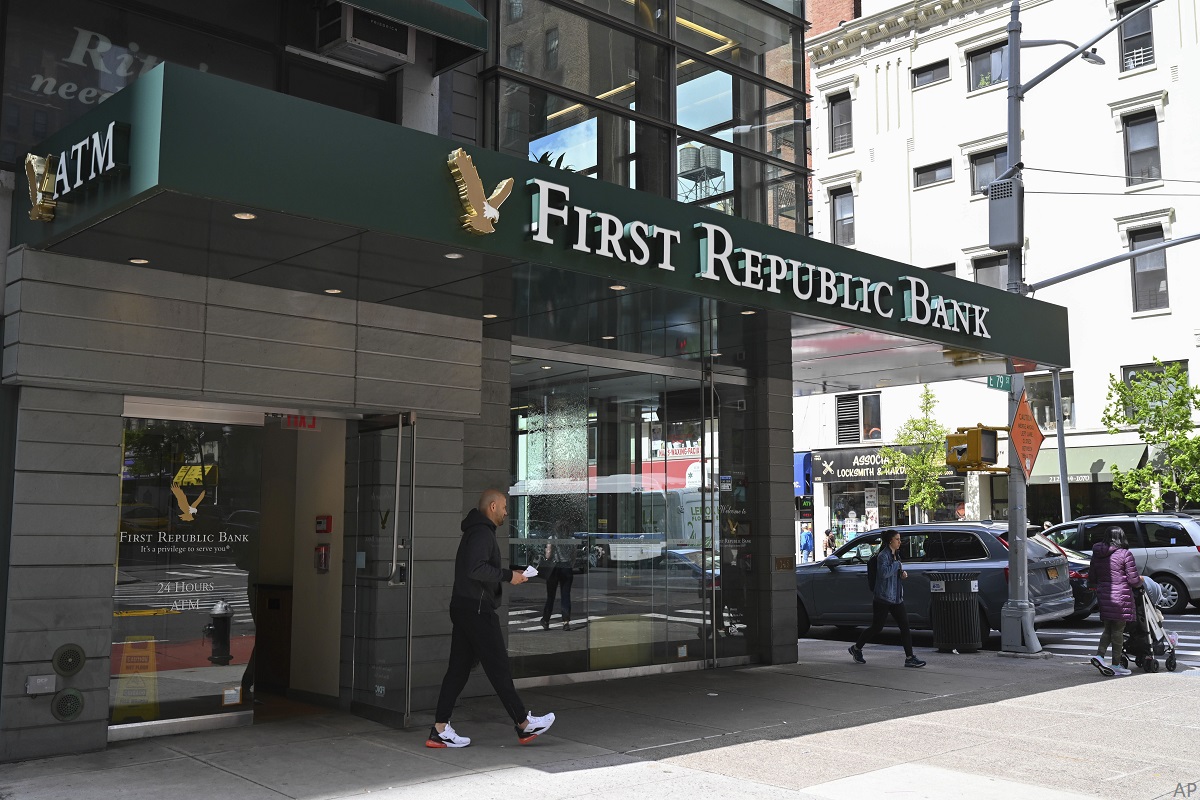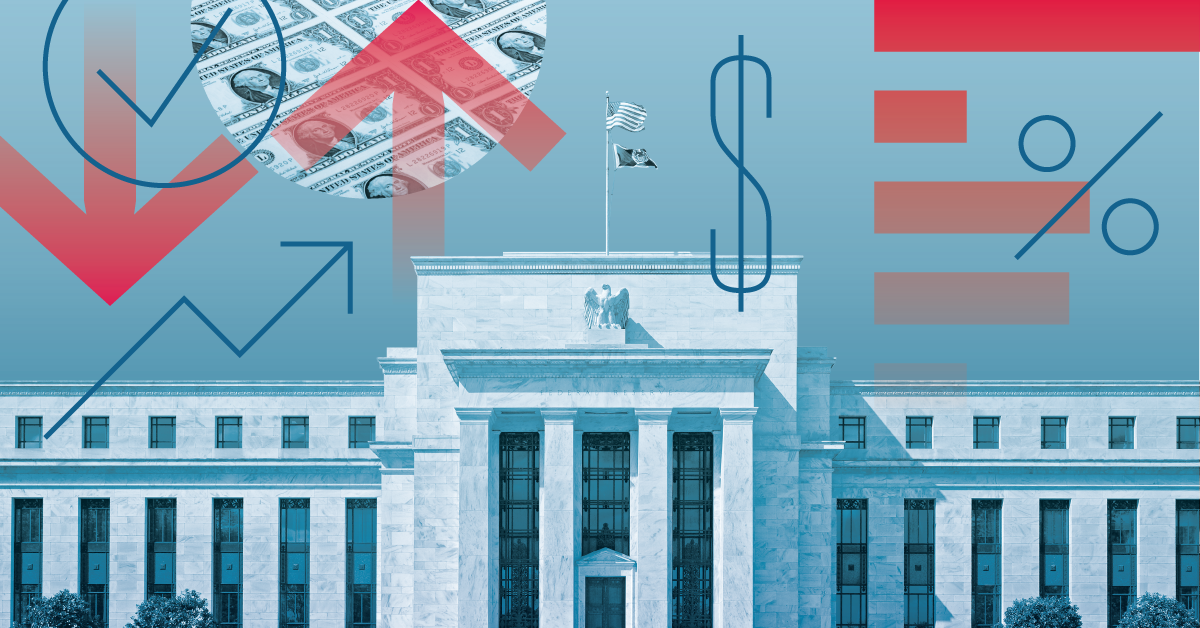
JPMorgan Chase (JPM) has acquired First Republic Bank (FRC) from the FDIC, effectively zeroing out First Republic equity holders. Because First Republic is no longer a separately traded entity, we are dropping coverage. We had assigned a very high probability (84%) that its shares were worth zero well over a month ago and actually dropped our fair value estimate to $0 last week.
We were at the low end of the Street in both instances. The transaction appears to be a good deal for JPMorgan, which will assume all of First Republic's deposits and take over much of its assets after the latter was closed by the FDIC. JPMorgan had to pay an additional US$10.6 billion to the FDIC as part of the asset assumption, while the FDIC estimates that the cost to the insurance fund will be around US$13 billion. We think the key point overall is that the depositors are being made whole, which satisfied the regulators.
With the deal expected to generate an additional US$500 million in annual net income for JPMorgan, it look as if the bank is going to be able to immediately make the balance sheet profitable by reworking the funding side of things. We would guess that the FDIC helped with this effort by providing US$50 billion in fixed-rate funding for the deal (although the exact rate for the funding was not disclosed). The key strategic benefit for JPMorgan, in our view, will be the boost to its wealth business and the potential client relationships it can keep as part of the takeover.
The key risk will obviously be the retention of First Republic's clients as well as its advisor talent. While there are some other risks associated with the transaction, this seems like a good deal overall for JPMorgan, as the bank is estimating an internal rate of return of over 20%. That is a good number, in our view, and above several of the more recent deals we've seen in our coverage.













.png)









